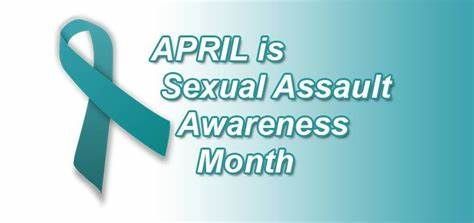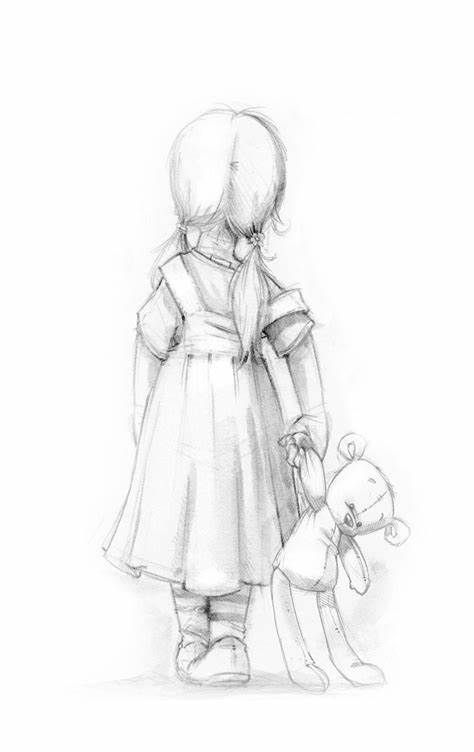Winter Turns into Spring - The Blog



Our Society and Attachment Trauma

We, human beings, are the only species on the planet who don't meet our children's emotional needs and don't understand the importance of attachment. Most of the time, parents - especially, mothers- aren't to blame: society teaches us to separate from our babies as soon as they are out of the womb. We are warned not to let our infants getting to attached to us, when, in truth, attachment is vital for their growth and well-being;. Without a secure and loving attachment, to their primary carer, kids will experienced great difficulties as adults and some might not even survive.
Hazel Roy, in her brilliant memoire "Born in A Time of Hope" shares what it was like in a 1966's maternity ward:
"Right from day 1 (...) the hospital felt like a prison. Patients were allocated 3 nappies a day - if the baby needed changing more often - tough. (...) Small babies needed to feed more frequently than four hourly were often heard screaming in the nursery, before feeds - mine was one of the loudest. We were not allowed to visit them.."
She explains the reasoning behind this terrible treatment: "If the baby woke and cried before the official feeding time, it was ignored on the grounds that the bay would be "spoiled" by demand feeding." She obviously calls this "poppycock" She continues: "We could only pick up our babies to feed them at 6am/ 10am/ 2pm/ 6pm/ and 10pm, and then were removed for the night. The concept of picking a baby up just to cuddle them was alien to the regime."
It resonates with the Ferber Method for sleep training babies, explained in depth in the article, written Jay Summer (Staff Writer), Dr. Pranshu Adavadkar (Sleep Medicine Physician) for The Sleep Foundation - who endorse the practice:
"Many infants and children resist bedtime and wake in the night. Although these issues are common, it doesn’t make them any easier to deal with. Thankfully, experts have developed strategies to address the behavioural roots of these sleep problems, including the “cry it out” method, which is intended to teach children to self-soothe by allowing them to cry themselves to sleep.
The Ferber Method is a well-known intervention that modifies the cry-it-out method by allowing caregivers to provide periodic reassurances to crying children. We discuss how the Ferber Method works and when it is and isn’t a good choice for addressing sleep problems in children."
Later, in the 70s, Dr Spock came up with a gentler approach and became widely popular internationally. Wikipedia writes: "The Common Sense Book of Baby and Child Care is a book by American pediatrician, Benjamin Spock and one of the best-selling books of the twentieth century (...)Spock and his manual helped revolutionize child-rearing methods for the post-World War II generation. Mothers heavily relied on Spock's advice and appreciated his friendly, reassuring tone.[3] Spock emphasizes in his book that, above all, parents should have confidence in their abilities and trust their instincts. The famous first line of the book reads, "Trust yourself. You know more than you think you do."
But, still, he believed in some tough measures:
- Strict Schedules: Dr. Spock believed in habituating children to strict schedules. While this approach has been debated over the years, some parents find comfort in having predictable routines for their little ones.
- Crying It Out: Dr. Spock suggested that parents should allow their children to cry themselves to sleep. This advice has also sparked discussions among parents and experts. Some argue that comforting a crying baby helps build trust and security, while others believe that allowing them to self-soothe can lead to better sleep habits.
- Limited Affection: In his 1930 book “Behaviourism,” Dr Spock wrote, “Never, never hug and kiss them, never let them sit in your lap. If you must, kiss them once on the forehead when they say goodnight. Shake hands with them in the morning.” This perspective contrasts with modern parenting approaches that emphasize bonding, affection, and physical closeness.
It seems, for Drs Ferber and Dr Spoke anyway, that, child-rearing is more about the parents' needs and about what society needs them to do, and less about the children's needs. No matter how close and present some mothers want to be, they might need to go back to work asap, with no time to properly rest and recuperate, and and no time to truly bond with her baby. Even if finances aren't the issue, there is the pressure to go back to normal, to get back in shape, to keep homes tidy, cooking organic and fresh meals and looking fabulous at all time. The emotional and the expectations overload is breaking a lot of mothers and their babies' hearts.
Stressed. traumatised or/ and neglected children will grow up heartbroken and stuck in, sometimes, dangerous ways of living - trying desperately to experience the love and care (THE ATTACHMENT) they so needed growing up but, unfortunately didn't get. Some will fit well in society's economic system and will work and, in appearance, seem to have it all. Others will suffer from addictions - society offers plenty of choices: porn/ sex/ relationships, shopping, food, prescription drugs, alcohol... the list is endless. Most will develop so called "Disorders" : Emotionally unstable, Post - Traumatic, Narcissist, there are so many.
Some will go on hurting others - rape, murder, steal... Some will take care of everyone but themselves. "Monsters", "addicts", "depressed/ emotionally unstable", or unavailable people aren't born, they are created.
In recent years, a new and welcomed movement took momentum: Gentle Parenting.
Sarah Ockwell-Smith, on her website: SO-S Parenting, explains what "Gentle Parenting" is.
"In my opinion it can be summed up with just four words:
1. Empathy
2. Respect
3. Understanding
4. Boundaries"
A generation of parents, are waking up to the fact that their children don't need to experience emotional pain , and neglect, of any shape or form, to grow resilient and independent. In the first 3 years, babies need constant physical and emotional closeness with their mothers. The best way for a child to become a fully independent adult is by growing up knowing they have a safe and loving space to hold them, and to come back to, while they grow up and explore their inner world and their environment.
Some individuals from the post wars generations declare: " I have been smacked one or twice and I turned out fine!" Once, an a bus with my young child on my lap, I started to cover her face up with kisses, which used to make her giggle, the elderly lady, sitting next to us thought it necessary to tell me to stop or she would be spoiled. I politely replied "All due respect, mind your own business."
World Wars 1 and 2, created a lot of (untreated) trauma effecting generations of parents and children. Wars are still separating children from their parents, by death or by displacement. In most recent years, the stress of "The Cost of living Crisis" creates busy, stressed and desperate parents, which creates, if not a direct physical detachment, emotional distance, when children need the most is to feel loved, safe and held.
It seems simplistic to declare: If we want to solve the modern issues of crimes, greed, addictions, disorders and so on, we need to treasure our Youngs, in mind, body and spirit. We need to reassess to way we live, as a species and in a man-made society. It is far from simple as it demands a complete transformation on way we see ourselves on this planet, as part of a broader family. So many things comes into account.
Take gentle care of yoursleves.
Sylvie
Brigitte Coste's website - Positive Parenting Ally - is a great source of information on the many styles of Parenting and their experts
Penelope Leach CBE (née Balchin; born 19 November 1937) is a British psychologist who researches and writes extensively on parenting issues from a child development perspective. Wikipedia
On Winter Turns into Spring - Gentle Parenting



